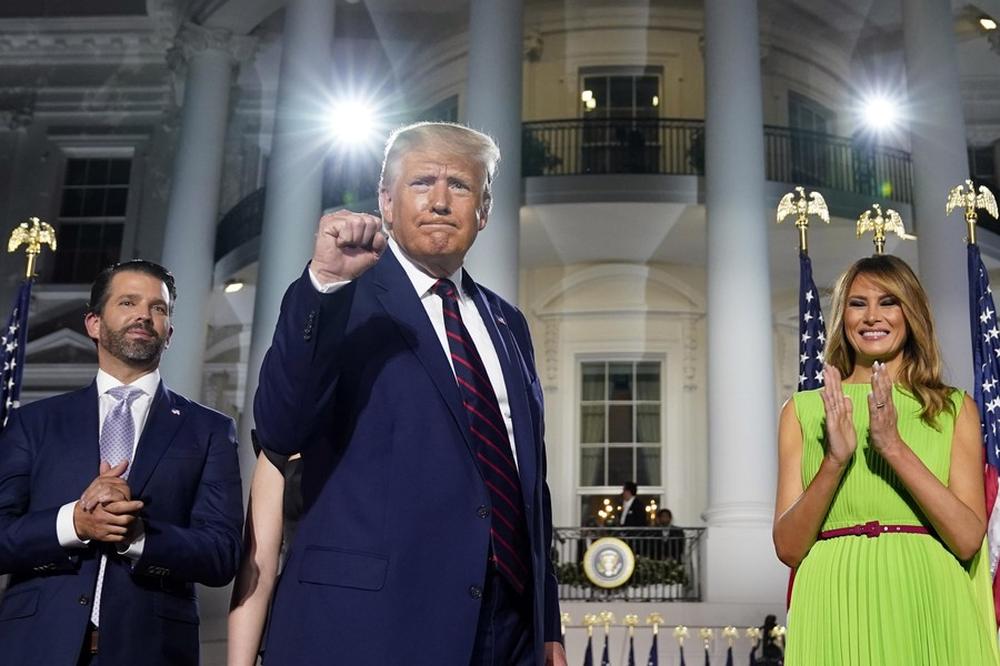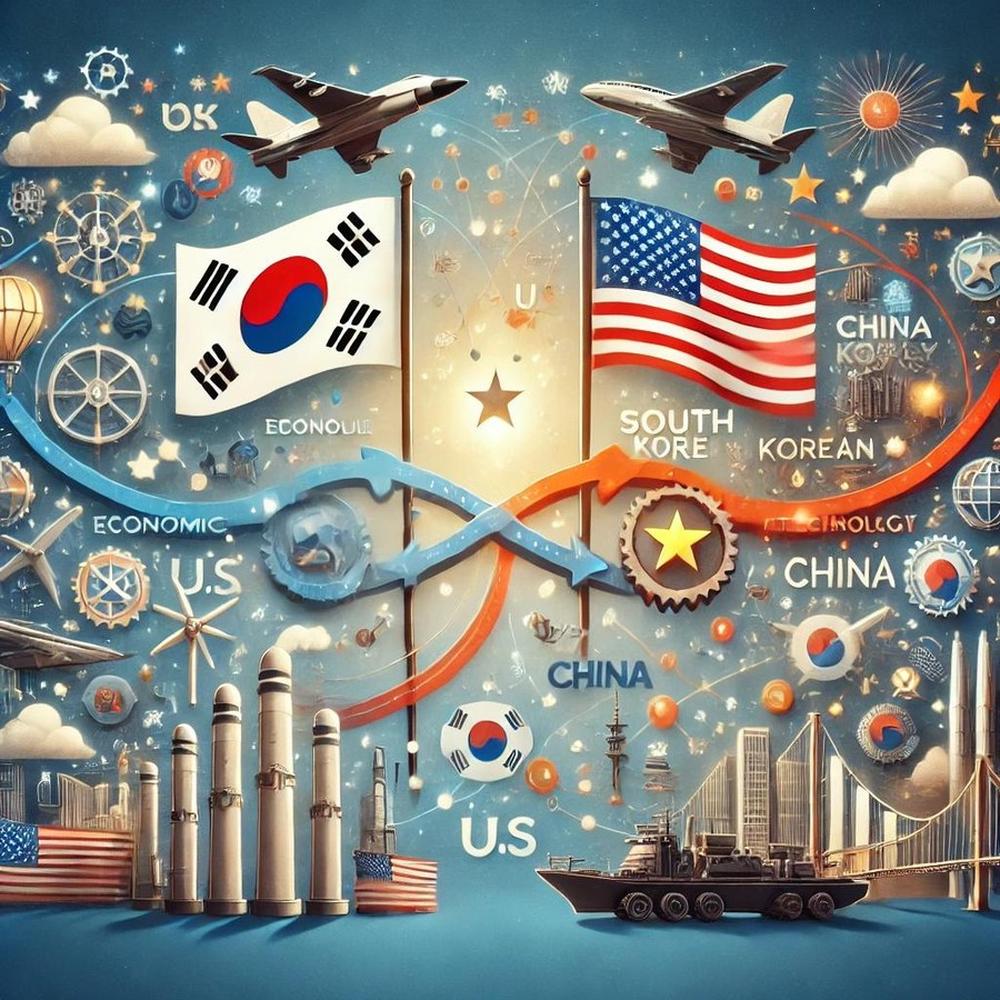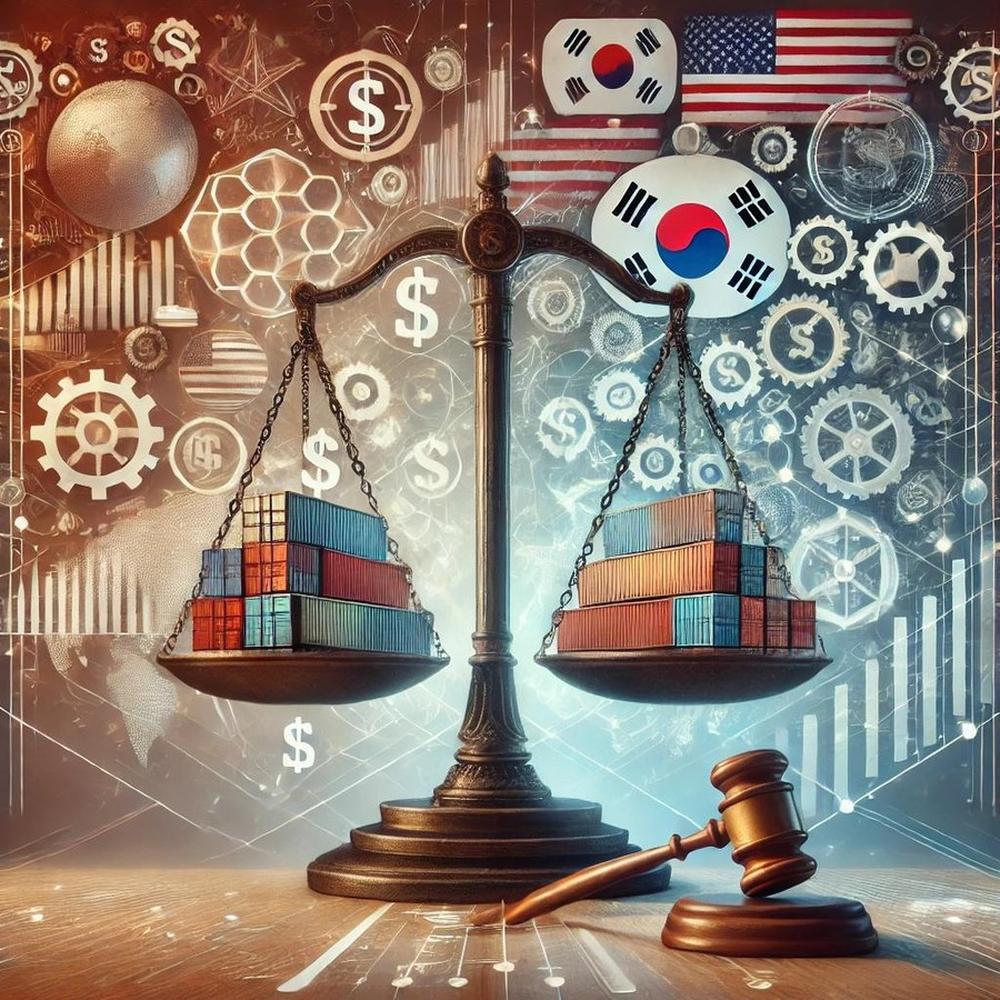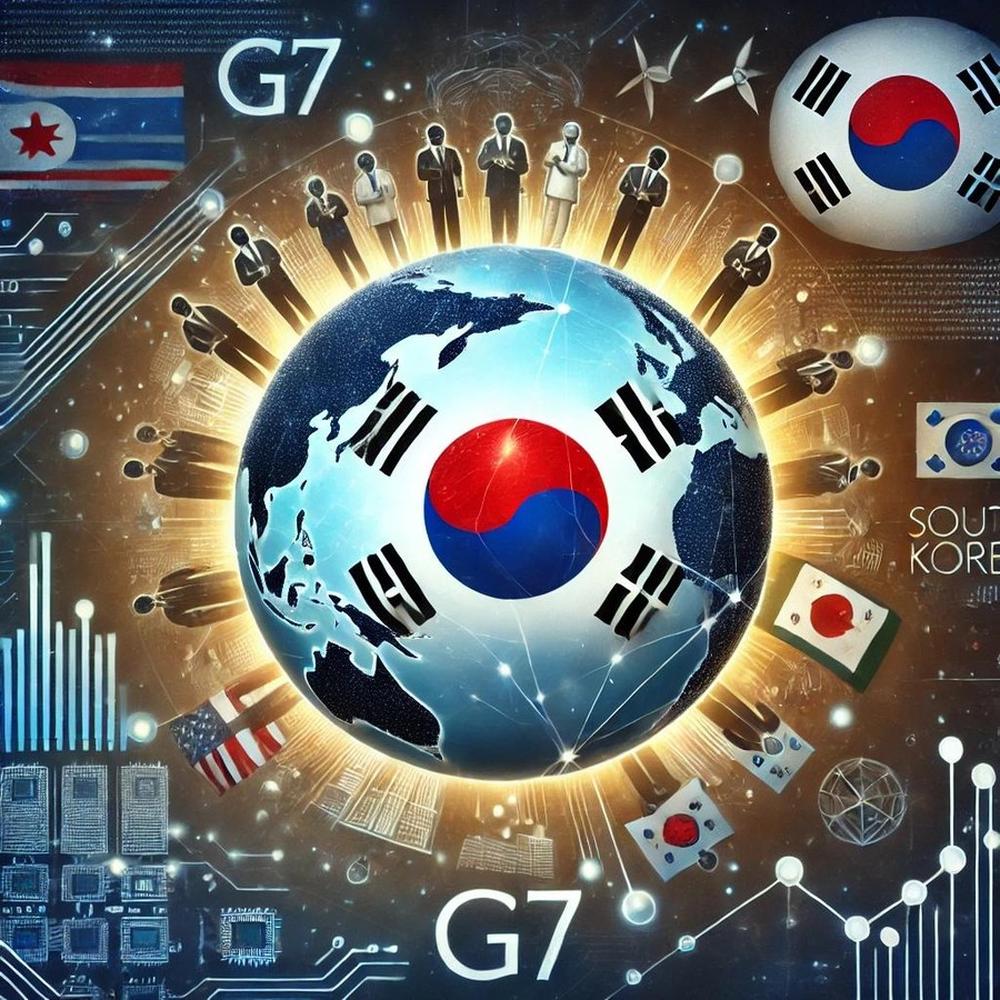- #Economy & Trade
- #Europe
- #Global Issues

▶ The Rise of Trumpism and Its Impact: Trumpism, characterized by protectionist and nationalist policies, has shaped the global landscape for over 15 years, emphasizing economic security over efficiency and accelerating trends like reshoring, trade barriers, and supply chain localization.
▶ Germany as a Strategic Partner for South Korea: Germany and South Korea, as manufacturing-heavy, export-dependent economies with shared values like democracy and free markets, face similar risks under protectionist policies and can collaborate to diversify trade partners and enhance high-value-added industries.
▶ Key Areas for Korea-Germany Cooperation: Both countries can strengthen cooperation by stabilizing supply chains, pursuing green and digital transitions, and enhancing diplomatic and economic dialogues to mitigate external risks and foster mutual growth.
Trumpism predates Trump’s return
Donald Trump has returned as the US President just now, but Trumpism - marked by protectionist and nationalist policies - has been shaping the global landscape for over 15 years. Since the 2008 global financial crisis, international trade growth has slowed or even reversed. A series of events, including the UK's exit from the European Union, the (first) election of US President Donald Trump, the trade dispute between the US and China, and nationalist movements across Europe, have undermined economic integration. The COVID-19 pandemic and the Russian-Ukrainian war have accelerated this trend. With the outbreak of the pandemic, competition among countries for strategic goods such as masks, critical care equipment, treatments, and vaccines has intensified. Geopolitical crises have also revealed that high external dependence in strategic industries can be devastating to a country's economy. For example, major European countries that are highly dependent on Russia for crude oil and natural gas had to experience a severe energy crisis when the war broke out.
The recognition of the need to build a domestic production base, at least in high-tech strategic industries, has led to a stagnation in cross-border trade and a decline in FDI. Firms are now less willing to set up factories overseas, and reshoring, nearshoring, or friend-shoring has become increasingly popular. Strategic competition among great powers, as well as health and geopolitical crises, have justified government intervention. In the name of rules and security, the U.S. and major European countries have tightened tariff and non-tariff trade barriers and subsidized companies that relocate overseas production to home. “Economic security” is increasingly prioritized over economic efficiency nowadays.
Trumpism may have been realized during the first term of Trump, but the Biden administration did not abandon it. According to Réka Juhász at the University of British Columbia, who leads The Industrial Policy Group, the number of trade-related policies classified as "industrial policy" in major economies increased from 34 in 2010, accounting for only 8% of the total, to 1,594 (48%) and 1,568 (38%) in 2021 and 2022, respectively. Simon Evenett at St. Gallen University found that the number of newspaper articles mentioning "industrial policy" increased from less than 1,000 in 1990 to 16,000 in 2023, a more than 16-fold increase.
Germany as a like-minded partner to South Korea
Changes in the international order and resulting supply chain disruptions have emphasized both the strategic autonomy of individual countries and rules-based international cooperation. As the return of Trump will increase uncertainty further, middle-power countries in Europe and Asia are busy looking for partners who share the same values and interests. In the current global economic landscape, broadening the scope of interactions with so-called "like-minded countries" is not an option, but a necessity.
Here I suggest Germany as such a partner for South Korea. There is no doubt that Korea and Germany pursue shared values, namely democracy, free market, human rights protection, and responsible climate change response. Germany also has a similar economic structure as Korea in terms of a strong manufacturing sector, high external dependence, and changing demographics, which makes the two economies exposed to the same risks and spares room for cooperation to gain mutual benefits.
For example, the share of manufacturing in Korea and Germany in 2022 is 28% and 20.4%, respectively, which is significantly higher than other advanced economies such as the UK (9.4%), France (10.7%), and the US (11.1%,). Korea's trade (exports + imports) to GDP ratio is 96.5%, very similar to Germany's (99.9%), and China is the largest trading partner for both. Manufacturing and export-dependent economies are vulnerable to changes in the trade environment such as declining external demand and strengthening protectionist policies, which are highly likely to take place during Trump’s second term.
Germany, like Korea, is already considering responses to minimize the impact of Trump's election. As a candidate, Trump said he would protect the U.S. auto industry by imposing tariffs on imported cars if re-elected, and the U.S. has the largest merchandise trade deficit with Germany within the EU. Trump will likely attempt to make up for the U.S. trade deficit with Germany (or the EU) by imposing tariffs, as a 10% universal minimum tariff on European goods was already considered by Trump's campaign. This situation is not very different from what South Korea is facing.
Both countries must improve the economic structure to increase the share of high-value-added industries based on technological competitiveness, and to minimize the economic impact of external risks by diversifying import and export partners. Korea and Germany can work together to achieve this goal and thus should continue discussions to enhance mutual understanding through sharing policy experiences and exploring ways to cooperate.
Potential agenda for Korea-Germany cooperation
There are several areas where Korea and Germany could make synergy to strive in the era of economic security. Cooperation between Korea and Germany can be summarized as 1) establishing and maintaining dialogue channels, 2) cooperating to stabilize supply chains for key industries and raw materials, 3) combating climate change and pursuing digital transition together.
First, both countries can make the most of existing diplomatic and economic dialogue channels or create new ones to address the challenges both countries commonly face. Korea and Germany are already running regular governmental meetings like the Korea-Germany Macroeconomic Dialogue, Korea-Germany Trade Cooperation Dialogue, and Korea-Germany Industrial Cooperation Dialogue, etc. As the current challenges encompass trade, international relations, energy, supply chains, and the economy, organizing pan-ministerial level meetings are desirable. Also, Track 2.0 Dialogues (a consultative body organized between private agencies) can be operated to conduct research projects between think tanks of both countries in areas of high-tech industry supply chain and technical cooperation. The focus of these dialogues should be on future industries such as digital, AI, quantum computing, etc.
Second, both countries take measures together to stabilize supply chains for key industries and critical raw materials. Opportunities to cooperate in semiconductors, EVs, EV batteries, and renewable energy industries are plausible, and concrete policy options can include joint technology development, participation in technical standards, joint financing between Korea Export-import Bank and German KfW IPEX-bank, etc. Also, identifying common vulnerabilities to which both countries are exposed and cooperating to find solutions together are necessary. Monitoring and analyzing major supply chain disruptions, reducing dependence on China by exploring alternative mines to diversify the supply chain, developing joint PPP projects, and organizing joint expert panels could be considered.
Third, South Korea and Germany can be credible partners in achieving twin transitions, namely green and digital transitions, which should not stop over the next four years. Both Korea and Germany have a climate neutrality target by 2050, and actively pursuing decarbonization on many fronts. As technological innovation in renewable energy is one of the key elements to achieving the climate neutrality target, joint R&D in the areas of wind and solar power, green hydrogen, SMR, etc. using Horizon Europe or other funding sources should be the priority. Korea and Germany also coordinate the net-zero related trade measures, such as CBAM. As for digitalization, it is recommended that both countries identify their strengths and weaknesses and complement each other. For example, Germany has led the way in digitizing manufacturing by establishing smart factories and has experience in training the labor force, while Korea has its strength in the digital infrastructure and application of digital governments.
The wave of Trumpism could possibly roll back the gains from free trade and international exchange. This wave can be prevented by fostering solidarity among like-minded countries. Korea and Germany are two middle-power countries that can build the “breakwaters” against Trumpism together, which will contribute to creating a resilient and inclusive world order.


